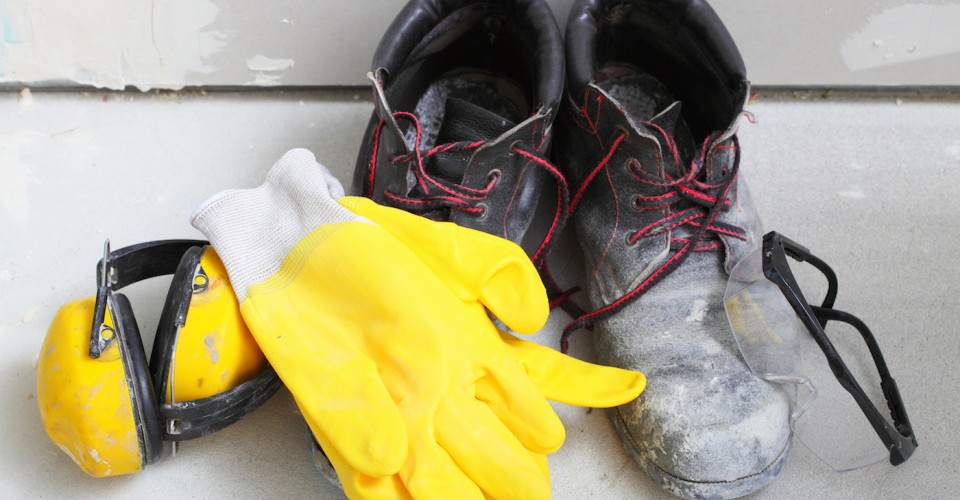A professional handyman is usually hired to fix and repair various projects around the home. Most states do not issue handyman licenses; but most states issue licenses for contractors, plumbers and electricians.
Sometimes known as a journeyman, tradesman or jack-of-all-trades, a handyman can complete a wide variety of tasks such as light plumbing work, re-caulking or sealing, power washing, clean-up, hanging shelves, assembling furniture or doing minor fixes and repairs. Some homeowners save up a list of things to do around the house and then hire the same handyman over and over again. Other homeowners may simply need singular projects done. Before you hire your handyman, be sure you know the extent of the project and how long you expect to need their services.
Not every project a handyman does will require a contract. In fact, for most one-time projects a contract isn’t necessary. But if you have the handyman working on a more complex project, are spending over $500, or are having them purchase materials on your behalf, having a contract in place will help ensure you are protecting yourself. Here are the things you should look for in a contract with your handyman.
What to know before you hire a handyman
Before signing a contract, you should take the time to research professionals, check their professional license, and obtain quotes. Your handyman will be working closely with you in your home so it’s important that you establish a professional relationship, that you trust the person, and that you feel safe and comfortable with them in your home and around your family. You and your handyman should come to an agreement on what, when, and how the issues will be resolved, along with a payment schedule tied to completion of each repair (or total repair). You should not let any work begin until you have a written and signed agreement in your hand that clearly defines the list of repairs you need completed.
What’s included in a handyman contract?
It’s important to know what should be included in your contract. The following is a checklist to use when reviewing your handyman contract:
- Full business name, address, contact numbers
- Registered business number
- List of action items to be completed (for example, “repair leak under sink, install new fixture”)
- Description of each action item (for example, “XYZ manufacturer, ABC style, model #123, color LMN”)
- A written payment schedule
- Cleanup instructions and schedule
- Warranty and guarantee information (typical handyman work is guaranteed up to one year)
A handyman is best utilized for small projects like cleaning gutters, testing smoke and carbon monoxide detectors, patching dry wall, or installing cabinetry. Keep in mind, if a job requires moving or updating plumbing or significant electrical wiring, you’ll want to make sure that your handyman is trained for those jobs and has a professional license (this is different from a business license). If the job requires a permit then he or she will need to present a license.
Changes, cancellations and red flags
No matter how big or small an alteration to the original plan, if you have a contract then a “Change Order” form should be written up and both you and your handyman should sign it. If you find any red flags with your handyman’s professionalism or craftsmanship, and you decide you need to terminate the contract, make sure you read the fine print. Certain states allow cancellation to occur during a limited timeframe upon signing a contract. You should be aware of those rules before threatening to cancel. After your home maintenance repairs are complete, your handyman will typically go through all the work. In the end, they want you to be satisfied to the degree that you will continue to hire them for future maintenance. If you need to find a trusted handyman near you, search our listings for home maintenance repair professionals.




